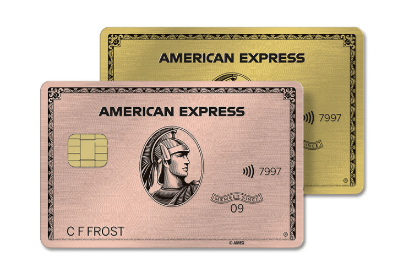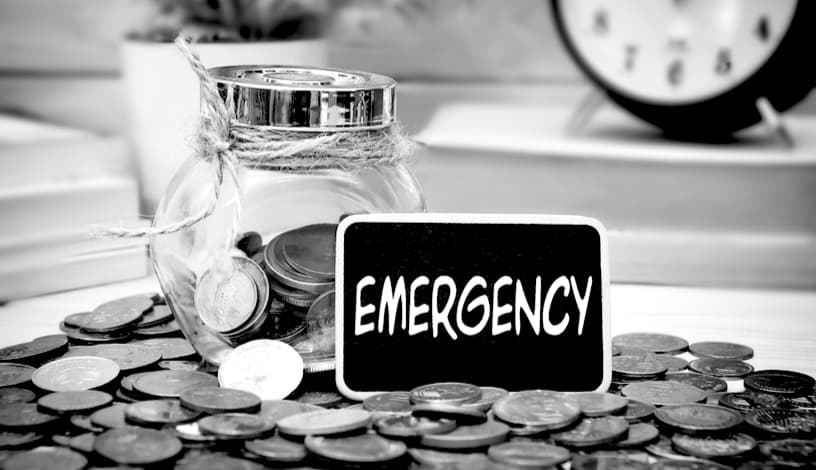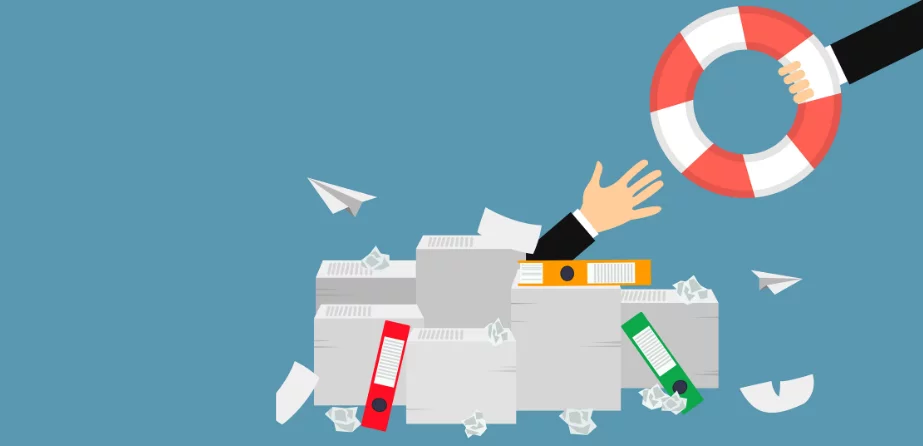In the realm of personal finance, myths and misconceptions are as common as dollar bills, but not nearly as valuable. It’s time to dispel some of these Money Myths and arm you with the knowledge your banker might be keeping under wraps. Sit back, relax, and get ready for a journey into the truth about your finances.
Myth 1: Carrying a Balance on Your Credit Card Boosts Your Credit Score


Let’s start with a whopper that has led many down the path of unnecessary interest payments. The belief that you need to carry a balance on your credit card to build credit is not just misleading; it’s financially harmful. Your credit score benefits from timely payments and responsible credit usage, not from the interest you pay on a lingering balance. Paying off your bill in full each month is actually the golden ticket to improving your credit score.
Money Myths 2: You Need a Lot of Money to Invest


Gone are the days when investing was the exclusive playground of the wealthy. In today’s digital age, anyone with a smartphone and a few dollars can start investing. Apps and online platforms have democratized access to the stock market, allowing for micro-investments in stocks, bonds, and other assets. The key is to start small, be consistent, and watch your investments grow over time.
Myth 3: Renting is Throwing Money Away


This age-old debate has many thinking that buying a home is always the smarter financial move. However, renting offers flexibility, minimal maintenance costs, and the freedom to move without the hassle of selling a property. In some markets, renting can be more affordable than buying, allowing you to invest the difference. The truth is, whether renting or buying is better depends on your personal circumstances,
Check it out too
- From zero to hero: wealth-building strategies revealed
- Cars Buying Strategies: New vs. Used vs. Leasing
- Home Decor, 10 Timeless Ideas That Never Go Out of Style
Money Myths 4: Your Emergency Fund Should Always Be Three to Six Months of Expenses


This guideline is preached like gospel, but the reality is that the size of your emergency fund should be tailored to your personal situation. If you have a stable job, own your home outright, and have few dependents, you might be comfortable with a smaller safety net. Conversely, if you’re a freelancer, have a variable income, or support multiple family members, you might need a more substantial fund. Assess your individual risk factors to determine the right size for your emergency fund.
Myth 5: Buying in Bulk Always Saves Money


While purchasing in bulk can offer savings for certain items, it’s not a universal truth. Buying large quantities can lead to waste, especially for perishable goods or items you don’t use frequently. Additionally, the initial cost can be high, and storage can become an issue. It’s important to weigh the cost-benefit and consider your consumption habits before going all-in on bulk purchases.
Money Myths 6: You Should Always Save Money by Cutting Out Small Luxuries


The “latte factor”—the idea that you can achieve financial freedom by cutting out small daily purchases like coffee—is a popular concept. However, focusing solely on these minor expenses can distract from larger financial issues. It’s often more effective to evaluate big-ticket items in your budget, like housing, transportation, and insurance. While it’s wise to be mindful of small expenses, don’t let them overshadow the importance of managing your major financial commitments.
Debunking Myths Leads to Empowerment
Understanding the truth behind these common money myths can significantly impact your financial well-being. It’s all about making informed decisions based on your unique situation rather than following one-size-fits-all advice. Empower yourself with knowledge, and remember, when in doubt, do your own research or consult with a financial advisor.
Remember, financial wisdom isn’t about deprivation—it’s about making smart choices that align with your goals and lifestyle.





